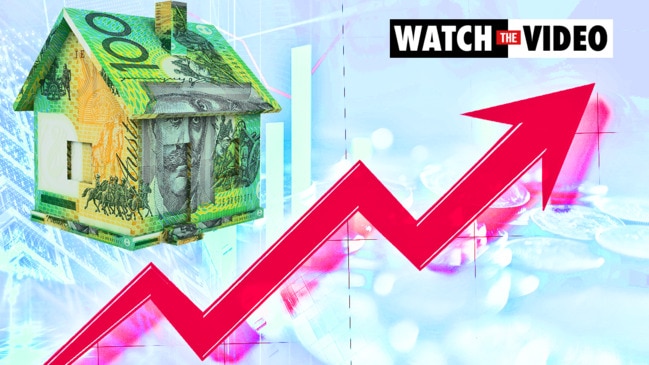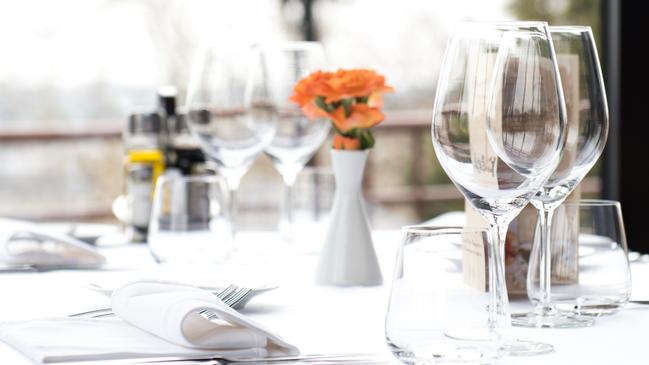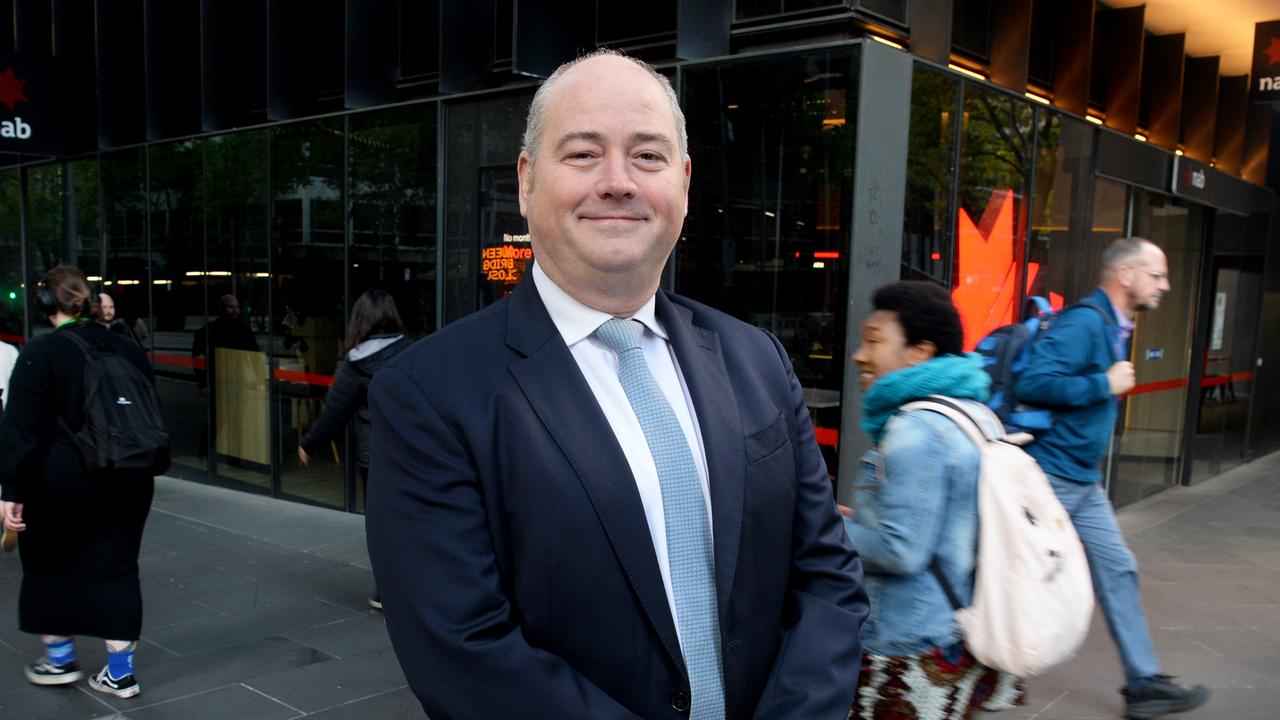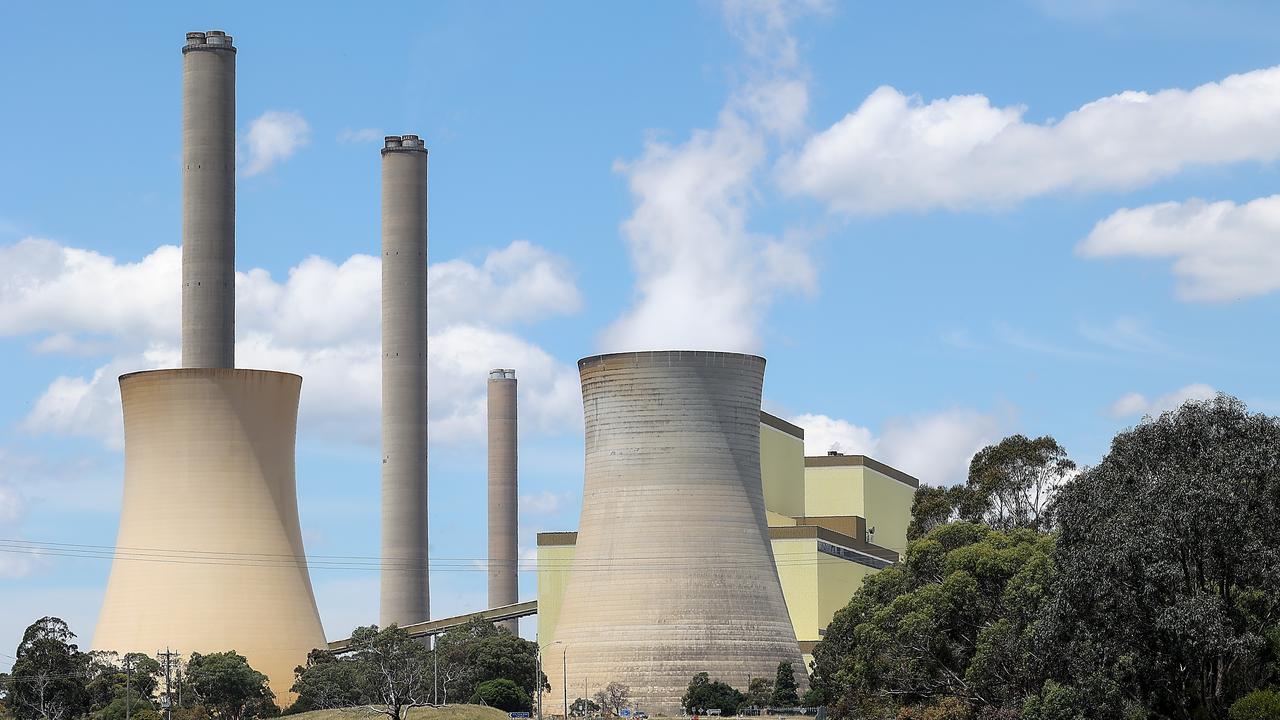Restaurant spending soars 30pc year-on-year despite RBA’s aggressive rate rises
Australians are making up for lost time as they splurge on cafe and restaurant spending but the good times will end once household savings plummet, analysts say.

Two years of stop/start lockdowns has fuelled an explosion in restaurant spending, underscoring the challenge the Reserve Bank faces as it aggressively tries to rein in spiralling inflation.
Macquarie analysts say eating out continues to be strong, and spending at cafes and restaurants has soared 26.9 per cent in the past year.
Record household savings built during the past two-and-half years of pandemic restrictions have created a temporary buffer from the Reserve Bank of Australia’s three rapid interest rate rises as inflation hurtles towards 7 per cent.
But once the household savings ratio normalises, consumers are expected to ditch restaurants in favour of private-label supermarket products and home-cooked meals.
“Despite cost-of-living pressures, consumers look to be making up for lost time and enjoying meals out of the home. Cafes and restaurants were the main beneficiaries,” Macquarie said in a note to investors.

“We note that food inflation for the March quarter was up 5.3 per cent. Data for the June quarter will be released by the ABS on July 27.”
Macquarie expects interest rate rises to bite eventually.
“Although retail spending continues to grow overall, we remain cautious on the current trajectory as cost-of-living pressures mount. Areas of concern are particularly in mortgage costs and energy markets — noting that the RBA’s 50bps (basis points) increase in the cash rate to 1.35 per cent is likely to flow through to debt servicing costs.
“These unavoidable expenses, coupled with increased cost of food and petrol, is likely to lead consumers to reduce discretionary spend to offset these costs.”
Already, sales of consumer electronics declined 1.6 per cent in the past month, while hardware and liquor retailing firmed 0.6 and 0.2 per cent respectively.

“This is likely due to the continued shift to services as consumers spend on travel and return to pubs,” Macquarie analysts said.
“Clothing was also down over the month by 1.74 per cent.”
With regards to stocks, Macquarie prefers staples over discretionary. It has a preference for
Coles which it has a price target of $18.90 and outperform rating; IGA distributor Metcash with a $4.60 price target and an outperform rating; and Woolworths Group, which it has given a neutral rating with a $36.40 price target.
It said it “remained cautious” on JB Hi-Fi and Wesfarmers, which it has given underperform ratings with price targets of $40.90 and $43.30 respectively.
UBS economist George Tharenou said once the household savings ratio normalises — which has soared to a 46-year high during the pandemic — he expects a “sharp slowing of consumption and GDP”.

“This causes unemployment to rise in 2H-23, which limits wage pressure — also assuming migration returns — and sees CPI slow towards 3 per cent year on year by end-23,” Mr Tharenou said.
“By that point, we expect the RBA to take a more forward looking assessment and cut rates by 50bps across 2H-23.
“We still think market pricing of 3.5 per cent — if delivered — would likely crash housing, and see the economy nearing a recession.”
UBS analyst Shaun Cousins said food inflation was rising at a faster rate than expected across fresh and dry grocery, with multiple price rises achieved in a single year.
“Food inflation and cost-of-living pressures are expected to weigh on mix, to
either lower ticket or entry-level private label (both negative for gross profit), with maintaining market share in the face of rising Aldi competition a focus for Coles, the Metcash-supplied independents and Woolworths,” Mr Cousins wrote in a note to investors.







To join the conversation, please log in. Don't have an account? Register
Join the conversation, you are commenting as Logout